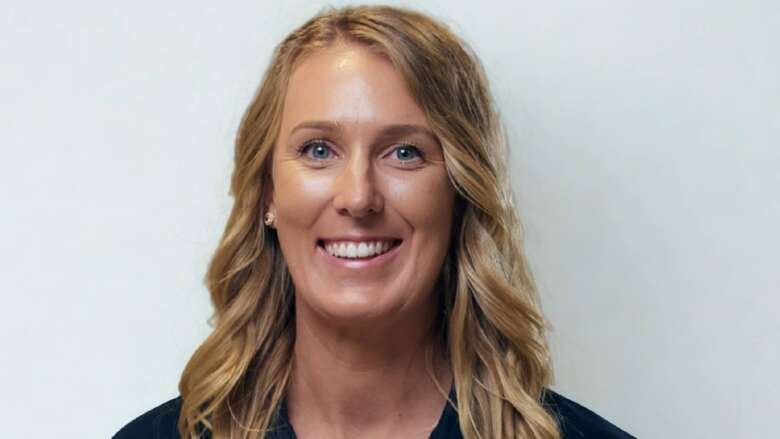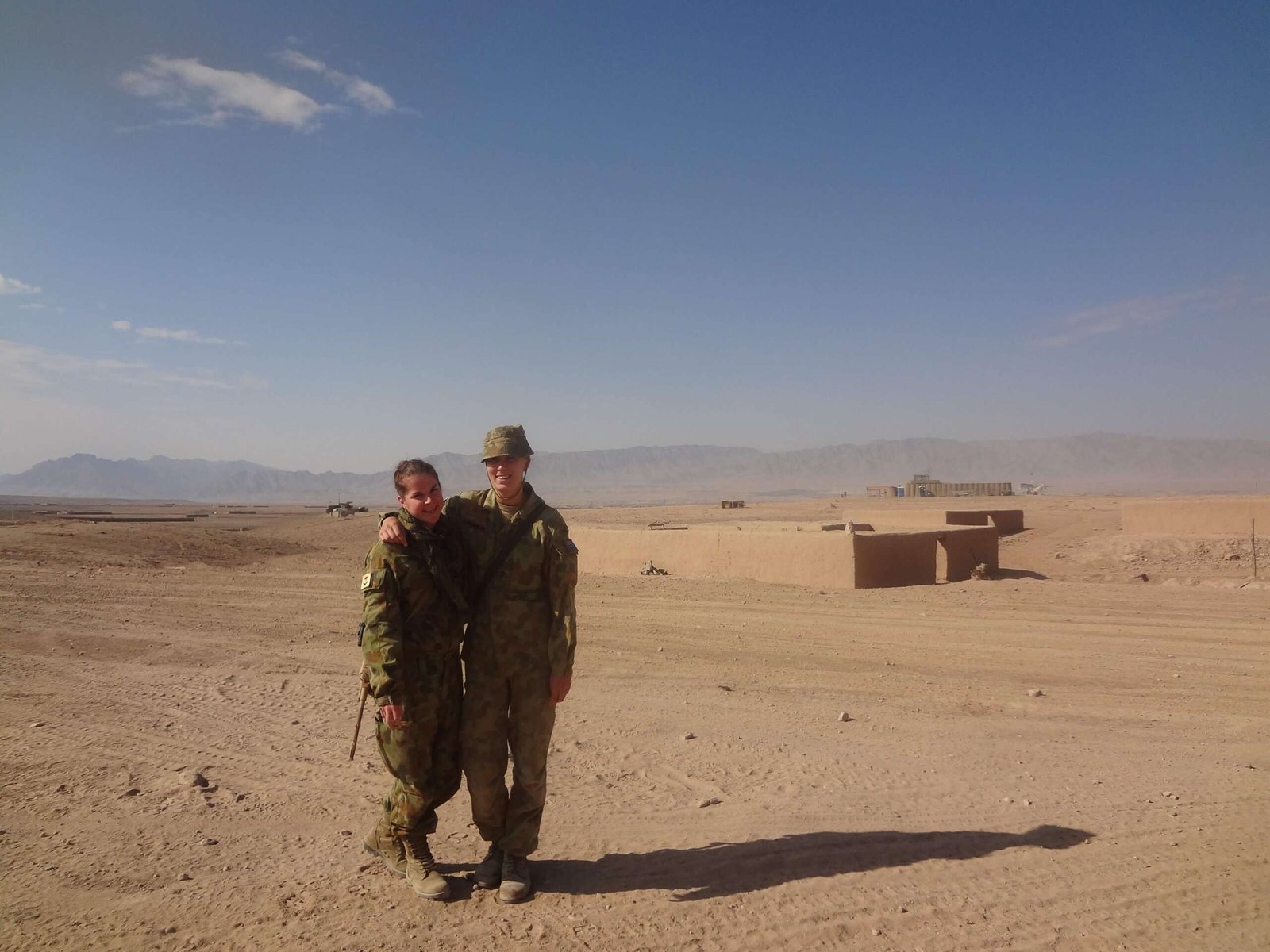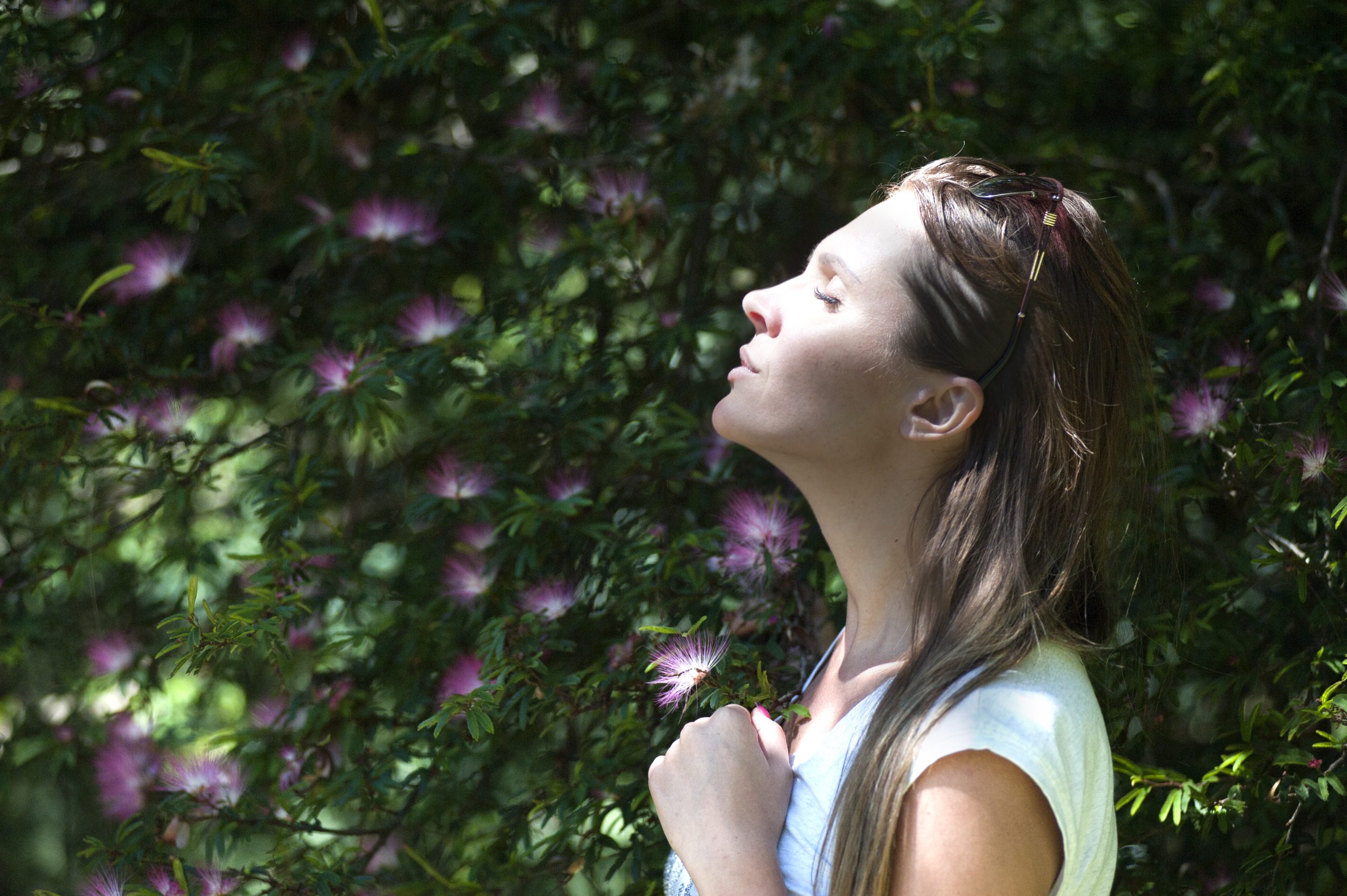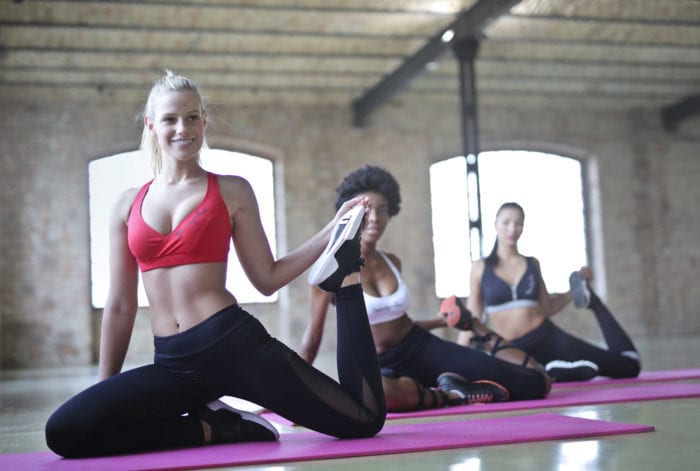Did you know that ex-serving women are twice as likely to die by suicide compared to the general Australian population?
That’s a devastating reality and one that veteran Nathania Baumanis knows all too well.
After enlisting in the Australian Defence Force at just 17, Nathania served in East Timor and Afghanistan. But when she discharged, she faced a new battle: the transition to civilian life. She lost the structure, identity, and support network that had carried her through service and like so many veterans, she found herself navigating isolation and silence around mental health.
For women who serve, those barriers can feel even heavier. In a culture that prizes strength and stoicism, admitting struggle can seem impossible.
Now, as Partnerships Manager at Medilinks, Nathania is breaking that silence, and reminds us all that sometimes the bravest thing we can do is ask: “Are you really okay?”

Breaking the silence: Why asking “Are you really okay” matters
Here, Nathania Baumanis, Veteran and Partnerships Manager at Medilinks
At just 17 years old, I proudly enlisted in the Australian Defence Force. I served in the Army and was posted to places like East Timor and Afghanistan, wearing the uniform with pride, purpose, and conviction. My time in service was intense, challenging, and incredibly rewarding. I learned skills I carry to this day, faced situations that tested me in ways I never imagined and most importantly, forged lifelong friendships. The bonds I made in the Army, the mates who had my back in every circumstance, became my family. We trained together, were deployed together and relied on each other in ways only those who serve truly understand.
In 2013, after years of service, I made the difficult decision to voluntarily discharge, which was not a choice I made lightly. The Army had given me structure, identity and purpose and stepping away meant leaving all of that behind. The transition to civilian life was more jarring than I anticipated. The support networks I had taken for granted were no longer a part of my daily life and the sense of belonging I had known for years suddenly felt fragile and distant.
I started working in fly-in fly-out roles, which brought its own set of challenges. Long periods away from home, unpredictable schedules, and the lack of a familiar support system made it hard to adjust. The camaraderie I had relied on in the Army was replaced by isolation and I quickly realised that transitioning out of the military was not just about finding a new job, it was about rebuilding a life, piece by piece. For me, and for many of my peers, the silence around mental health was deafening. The challenges were real, but talking about them felt impossible, leaving us to navigate this new chapter alone.
For women veterans, that silence can feel even heavier. The military has long been a male-dominated field, where strength and stoicism are prized and vulnerability is rarely spoken about. For women serving in that culture, admitting you’re struggling can feel almost impossible. You already stand out in uniform, and you don’t want to stand out for the “wrong” reasons.
The consequences are devastating. Research shows that ex-serving women are twice as likely to die by suicide compared to the general Australian population1, yet only 17% of veterans seek professional help2. These aren’t just numbers, they are lives, families and futures cut short.
I’ve seen this reality up close. I’ve felt the weight of my own struggles, I’ve seen my mates grapple with the same battles, especially after discharging. The complete shift in life structure, the sudden loss of routine and the challenge of finding your place again in civilian life can hit like a tidal wave.
One of the hardest parts is going from seeing your friends every single day, training with them, working with them, leaning on them, to suddenly only seeing them here and there, if at all. You don’t expect that distance to affect you the way it does. These are the people who truly understand you and who have walked the same paths and carried the same weight. Losing that closeness can deepen the feelings of isolation after transitioning out, making it even harder to reach out for help when you need it most.
That’s why asking if you’re truly okay matters so much, it goes beyond small talk and shows genuine care. Asking someone how they’re really going isn’t a cure-all, but it’s a start. It creates a moment to break through the silence, to show that vulnerability is not weakness, and to remind someone that they don’t have to carry their battles alone. Even if you don’t see your mates every day anymore, a simple check-in can keep that connection, and that lifeline, alive.
Today, working with Medilinks, an organisation founded by veterans to support veterans, my work feels more important than ever. I know firsthand the challenges of transitioning from military to civilian life, and every day I see the difference that connection can make. Helping veterans find support, rebuild their networks, and feel understood isn’t just a job, it’s deeply personal. And it all starts with showing up and asking the question, genuinely: Are you okay? Because sometimes, the bravest conversations don’t happen.
R U OK? Day
R U OK Day, held annually on the second Thursday of September, is a reminder that asking one simple question can spark conversations that save lives. More info here: https://www.ruok.org.au/
https://www.aihw.gov.au/reports/veterans/health-of-veterans















